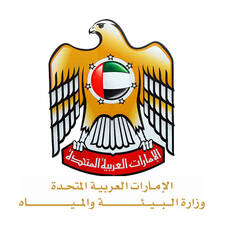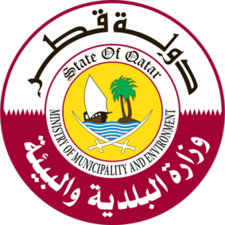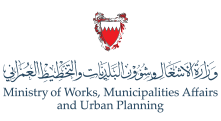The ICARDA-led research project “Development of sustainable production systems for the date palm in Gulf Cooperation Council Countries” was created in 2004 with the aim to improve date palm crop management, post-harvest processing and marketing of dates, to exchange and...














